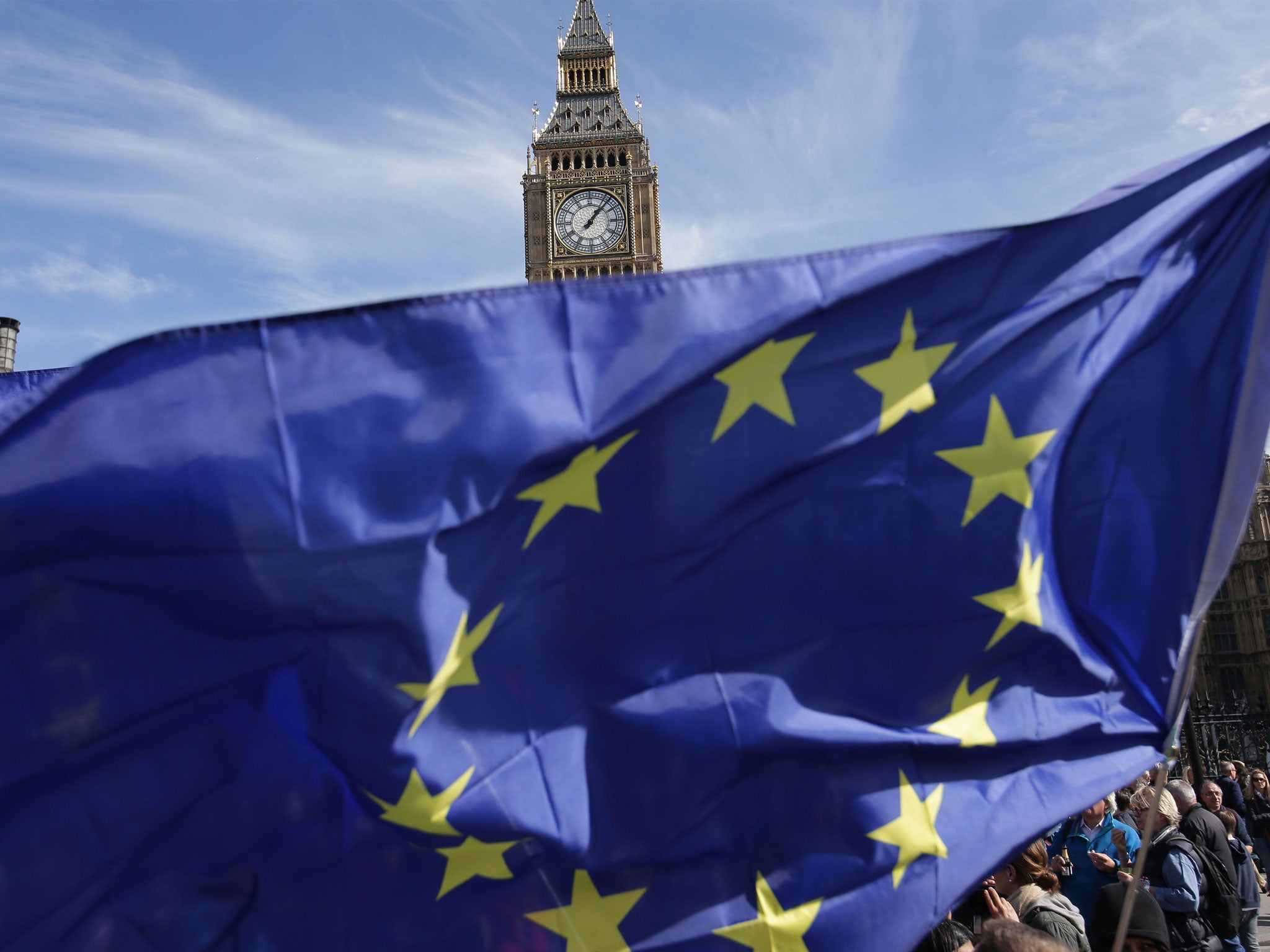Brexit: Public support continued EU freedom of movement in exchange for access to Single Market, research finds
Survey finds Britons favour a deal that resembles Norway's relationship with the EU

Prime Minister Theresa May's insistence that no Brexit deal is better than a bad one does not have public support, new research claims.
Rsearch by King's College London, Rand Europe and Cambridge University found that people place more value on trade deals with the EU and foreign countries than on curbing free movement of labour.
Organisers said the research method they used during interviews with 917 people is more rigorous than traditional polling.
The study found that people are more concerned with managing demand for public services than restricting freedom of movement, particularly those who voted Leave.
And voters value being able to retain access to the Single Market and cut foreign trade deals above the UK making its own laws, the research found.
A Brexit agreement that resembles Norway's relationship with the EU, allowing for free trade with other countries while remaining within the Single Market and accepting freedom of movement and some loss of sovereignty, is favoured, according to the research.
Professor Jonathan Grant, of King's College London, said: "It clearly shows that the British people do not wish to head over a cliff edge and leave the EU on World Trade Organisation rules - they want a proper deal.
"The British public are sophisticated enough to understand that they can't 'have their cake and eat it', and will need to make and accept compromises to reach a deal."
Charlene Rohr, of Rand Europe, said: "The referendum result was seen by many as providing a mandate to significantly reduce immigration.
"But while our findings do show a desire to control movement of people to some extent, we found that this seems to stem from a concern about managing demand for public services, particularly for those who voted to Leave the EU, rather than from wanting to limit freedom of movement per se."
Professor David Howarth, of Cambridge University, said: "The public's ranking of a Norway-style deal above remaining in the EU is not surprising in the light of the referendum result, but the public's ranking of remaining in the EU above crashing out with no deal into World Trade Organisation terms should worry those who claim that the referendum and the general election give a mandate for Brexit at any price."
Press Association
Join our commenting forum
Join thought-provoking conversations, follow other Independent readers and see their replies
0Comments